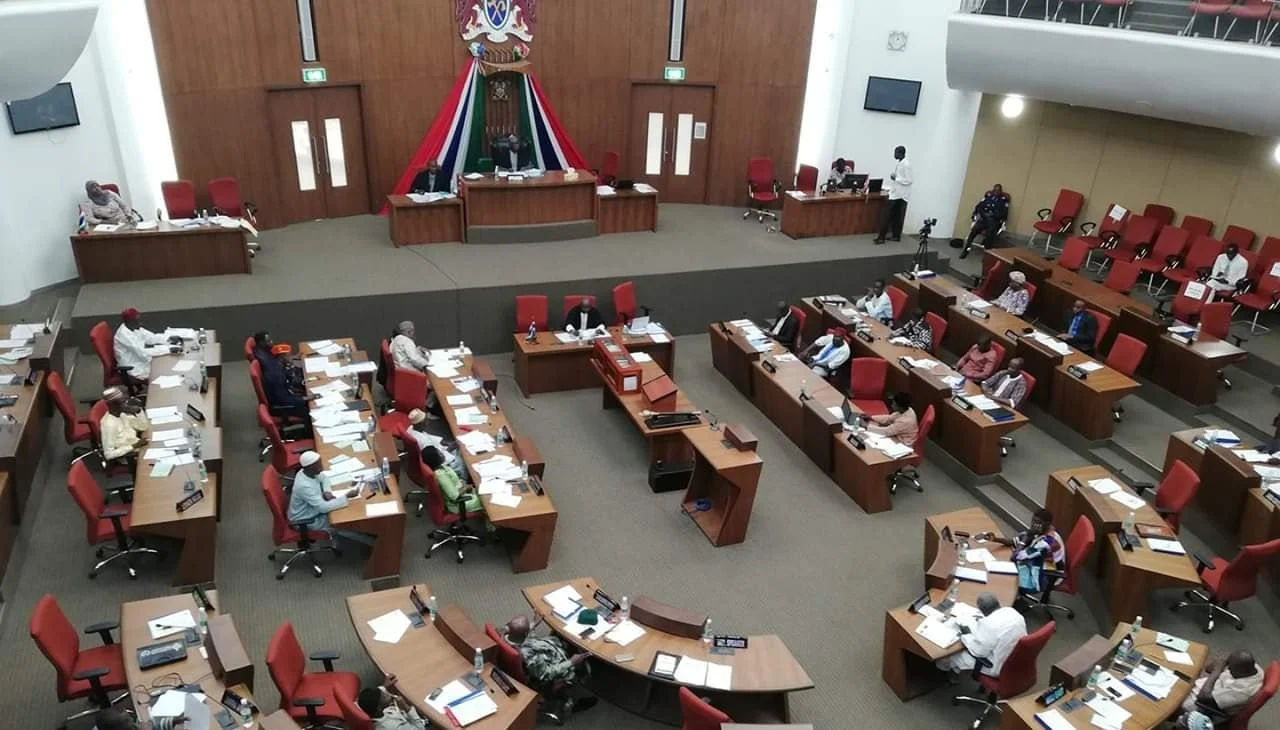Jointly written by Maria Saine & Wilson F. Okoi, Barrister & Solicitor of The Supreme Court of Nigeria.
[Editor’s note: This is Part VI of our special series titled “Constitutional Review in The Gambia: Contemporary Discussions.” The introduction to the special series is available here, Part I is available here, Part II is available here, Part III is available here, Part IV is available here.and Part V is here.]
Secularism is the legal assertion that a State remains neutral as relates to religious matters The state does not adopt any religion as it’s religious representation and more importantly, there exist a clear separation between government institutions and religious institutions. It may please you to note that the idea of secularism is open to debate because it is considered polemic by many.
Proponents of the notion that The Gambia should be secular view that:
It allows persons from different religions to exist together at the least common denominator; ensuring all their beliefs and rights. This assertion is said to be true because there is no preference of religious beliefs over another, people are therefore not inclined to believe that the state has a superior notional interest in one religious belief over another.
Some others assert that secularism allows more rights and freedoms to women, who are generally attributed to submissive roles in various belief systems. This is a candid topic of debate for differing religions who are naturally accustomed to differing spiritual views guiding human behavior with humans and human behaviour with ‘superior spirituality’.
It is also strongly recommended that the practice of secularism protects and promotes government administration to function on the basis of rational discourse rather than religious dogma.
On the other end however, opponents of secularism assert that humanist and secularist take religious views ‘off the public sphere’. Opponents of secularism are of the opinion that a State should have a religious view. Such ideologist are of the opinion for a variety of reasons.
First, the polity are less conscious about religious matters in the public sphere. Indeed, this infers that the states polity identifies government institutions and a religious preference as one.
Second, a preferred religion gets patronage from the State. This is argued to be a negative and positive. The State religion is the preference of the State and therefore enjoys privileges that other religions (not adopted by the State) will not be opportune to. Looking objectively, it is therefore negative. But from a subjective stand point (i.e. the view of those in the preferred religion of the State), it is not only in tandem with the major mass of the polity it is also the way that life should be lived.
Third, indeed, religious persons in the polity will argue concerns over the ‘moral compass’ of the nation. This is essentially because of the belief in ‘natural/divine law’ on the legal jurisprudence of same, and/or the belief that religion equates to morality.
From the foregoing, it is evident that the decision of a State to adopt a religion as it’s religious preference is a major step that guides governmental administration.
In The Gambia, the practice of secularism and its constitutionality became a point of case law jurisprudence on the applicability of secularism in The Gambia. In the case of KEMESENG JAMMEH v THE STATE, the legal validity of the Constitution of the Republic of The Gambia, 1997 (Amendment) Act, 2001 was put to the litmus test to examine whether section 1(1) of the Constitution describing The Gambia as a secular state was made ultra voires. The Supreme Court held that section 1(1) of the Constitution and paragraph 13 of schedule II to the 1997 constitution contained in the Amendment Act (6 of 2001) were made in excess of the legislative powers conferred by the 1997 Constitution and are accordingly null and void.[1] Meaning, the amendment failed to pass through an act of referendum. Hence, unconstitutional.
From the train of thoughts above and in my humble opinion, it is instructive to assert the following observations succinctly:
· Secularism represents how a polity should be/is governed.
· Secularism does not in any way or form, infer life without religion neither does it infer that one decides how to worship God.
· The absence of secularism is the presence of Religious preference in a State.
· The concept of (non) secularism is practiced variantly owing to factors such as geographical area, culture, population and, the advancement in technology/industrialization amongst others.
In a sum, secularism is a practice that I believe should be embraced because it maintains the existence of neutrality and exudes the characteristics of an ability to accommodate the diversity in the way life presents itself; liberally. The State considers the views of every one and no religious preference is an option. Indeed, and legally so, secularism is the best guarantee of freedom of religion/belief – but the enemy of religious privilege.
Suggested citation: Maria Saine & Wilson F. Okoi, Secularism as a tool for state neutrality, 1 February 2019, at https://www.lawhubgambia.com/lawhug-net/secularism-as-a-tool-for-state-neutrality.
[1] Jammeh v Attorney General (2002) AHRLR 72 (GaSC 2001)






